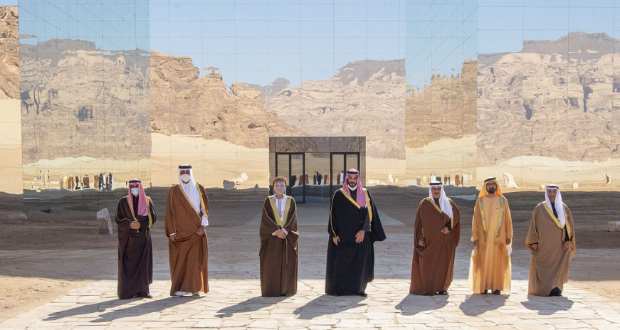In 2018, a year after the fall of the Islamic State of Iraq and the Levant (ISIL) in Iraq, the United Arab Emirates (UAE) pledged US$50 million to fund heritage reconstruction in Mosul, which according to the Director-General of UNESCO, has been the largest cooperation to rebuild cultural heritage in the history of Iraq. A few years later, in 2021, the UAE announced that it would invest US$3 billion in aid as part of its larger post-conflict reconstruction efforts in Iraq. In December 2023, UAE expressed its intention to reconstruct Gaza after the Israel-Hamas war, provided a US-backed two-state plan was brought to the table. More recently, on 4 June 2024, the Emirati leader held a formal meeting with the Taliban, indicating its desire to also contribute towards stabilisation and development in Afghanistan. From Mosul to Gaza and Kabul, Abu Dhabi’s strategic advances have caught much media attention. Security strategists label UAE’s humanitarian and international development efforts as part of the grand geopolitical ambitions of the once small state, a form of its “nation branding” in the international arena. Set against the backdrop of its humanitarian initiatives across different case settings, this article unpacks UAE's evolving role as a key actor in the geopolitical landscape of the Gulf–and the world.
Rebuilding Mosul: Cultural cooperation or soft power diplomacy?
As part of the US$50 million cultural deal between the UAE and Iraq, the UAE in partnership with UNESCO, is rebuilding cultural heritage sites in Mosul, including Al-Nouri Mosque and its Al-Hadba Minaret, which were destroyed by ISIL. The reconstruction plan in Mosul also expanded to include the restoration of two church buildings destroyed during the ISIL’s occupation. The Al-Nouri mosque and its Al-Hadba minaret, a significant landmark of the city, are nearing its completion and are set to reopen towards the end of 2024. However, what remains unclear is why a middle power like the UAE would invest in cultural reconstruction in Iraq, especially given Iraq’s strained relations with the Gulf Cooperation Council (GCC), one of the major regional organisations in the MENA region, since its invasion of Kuwait.




